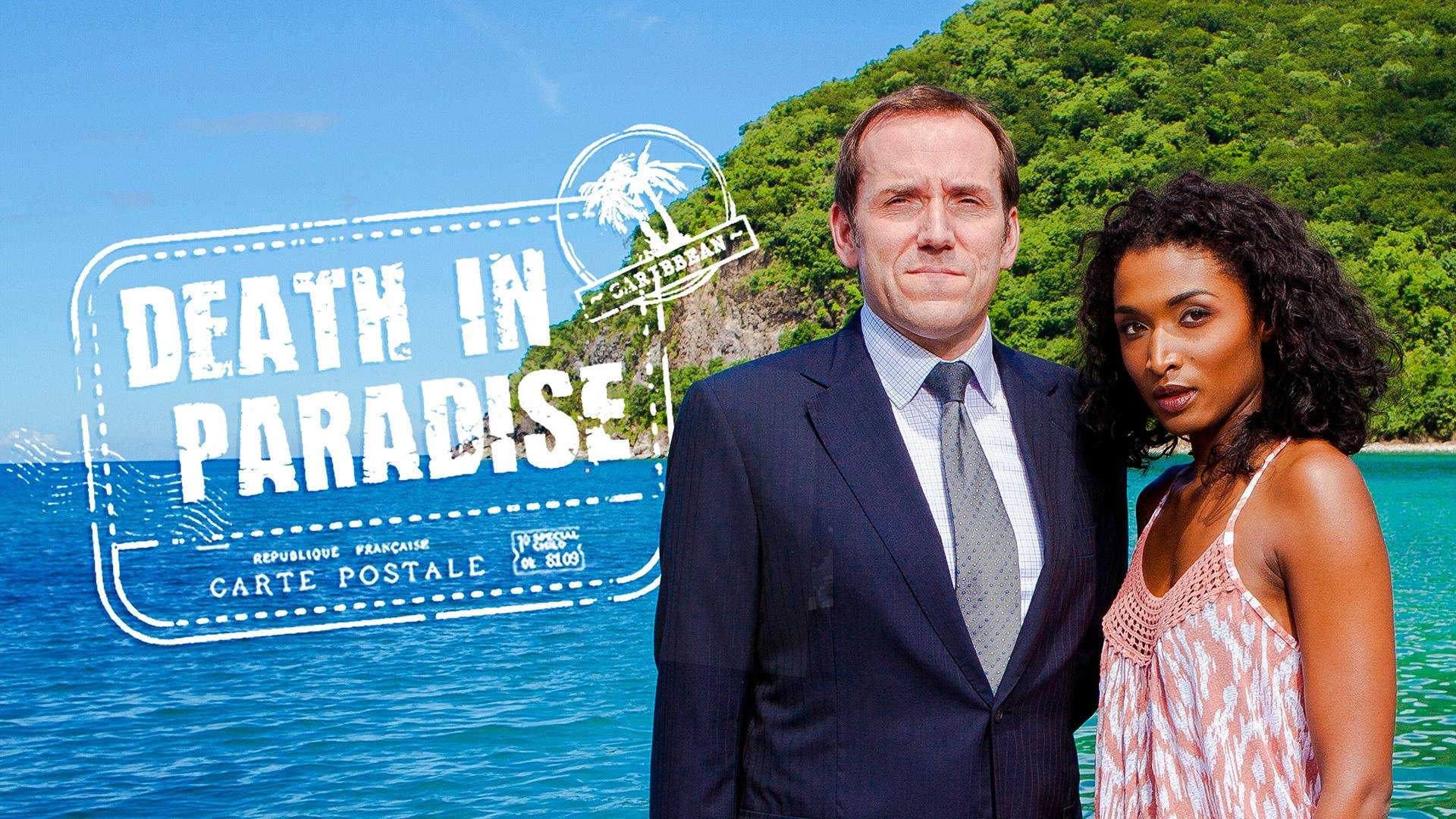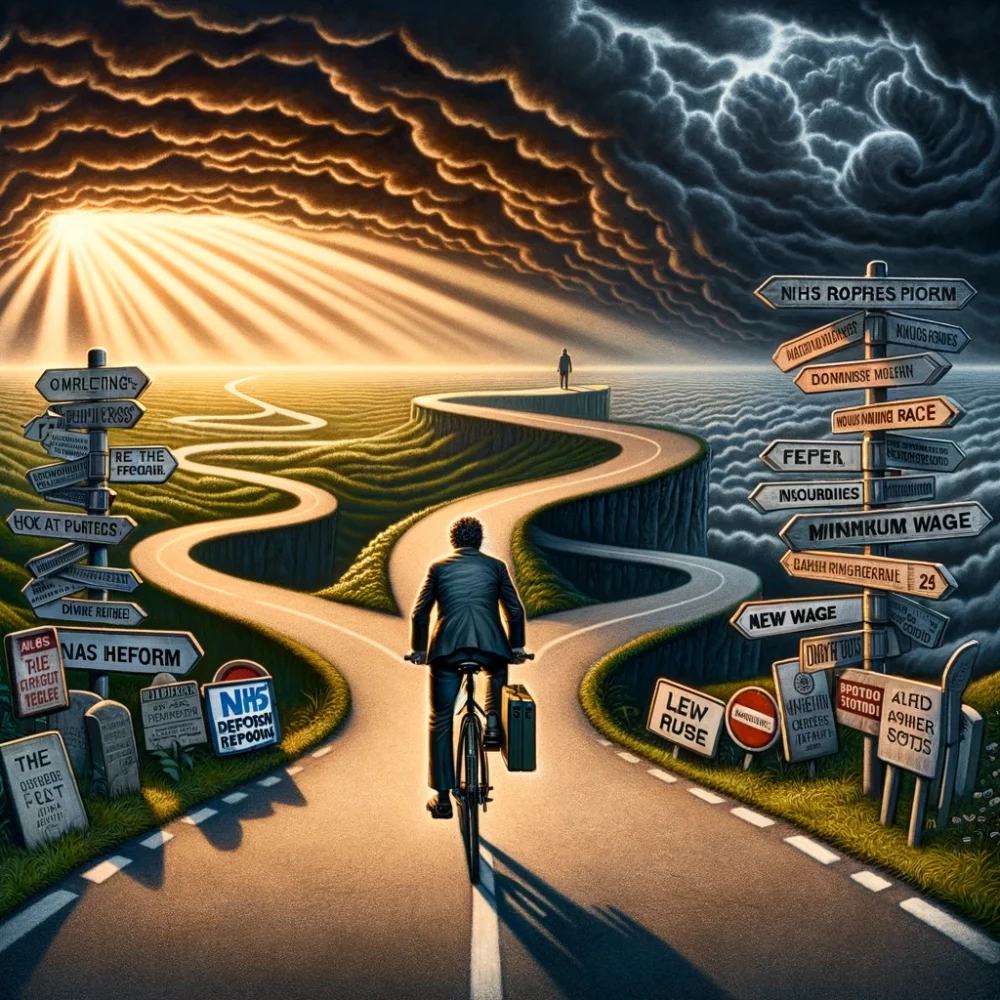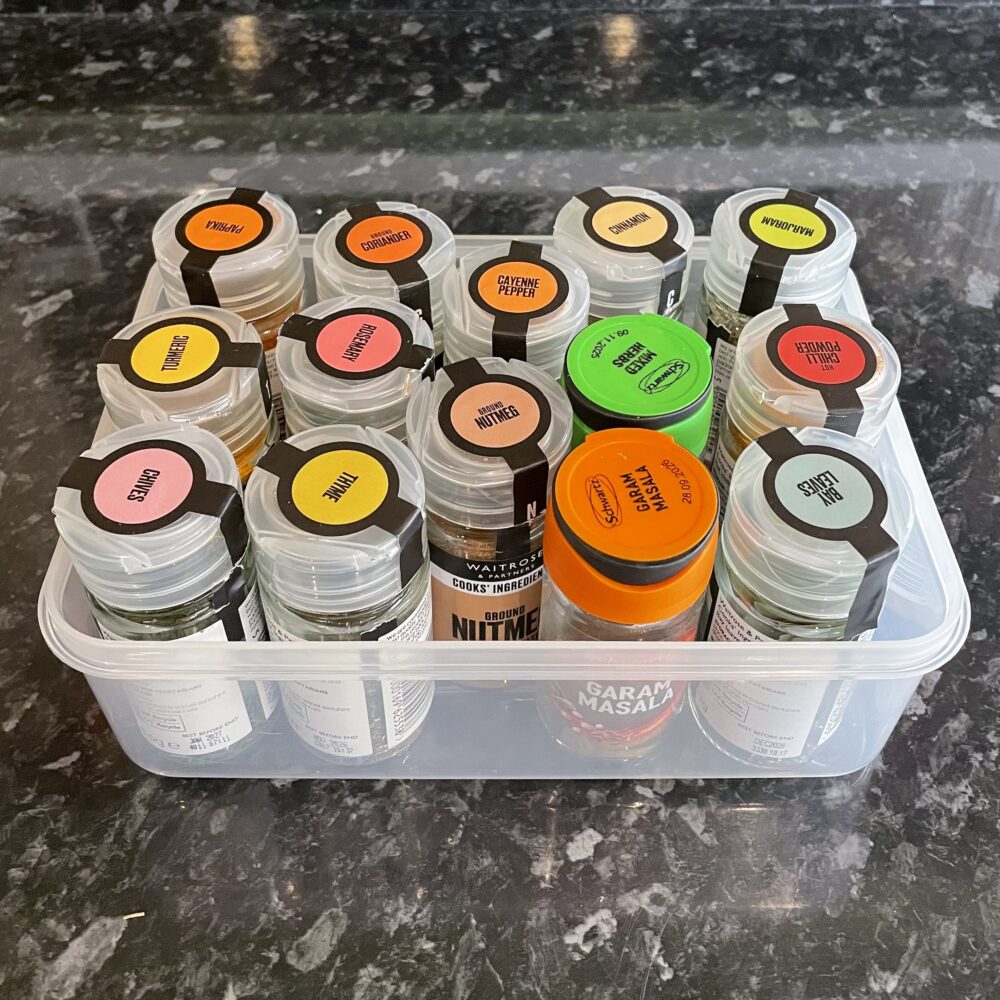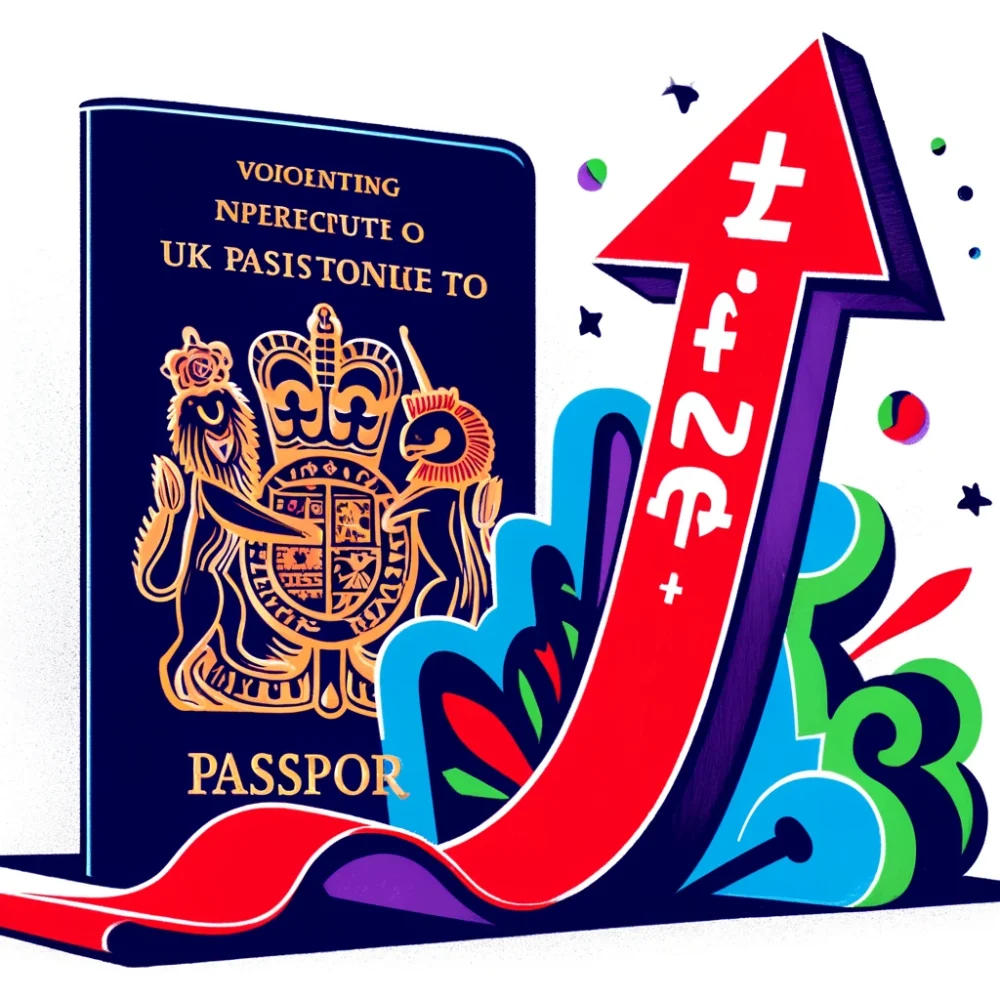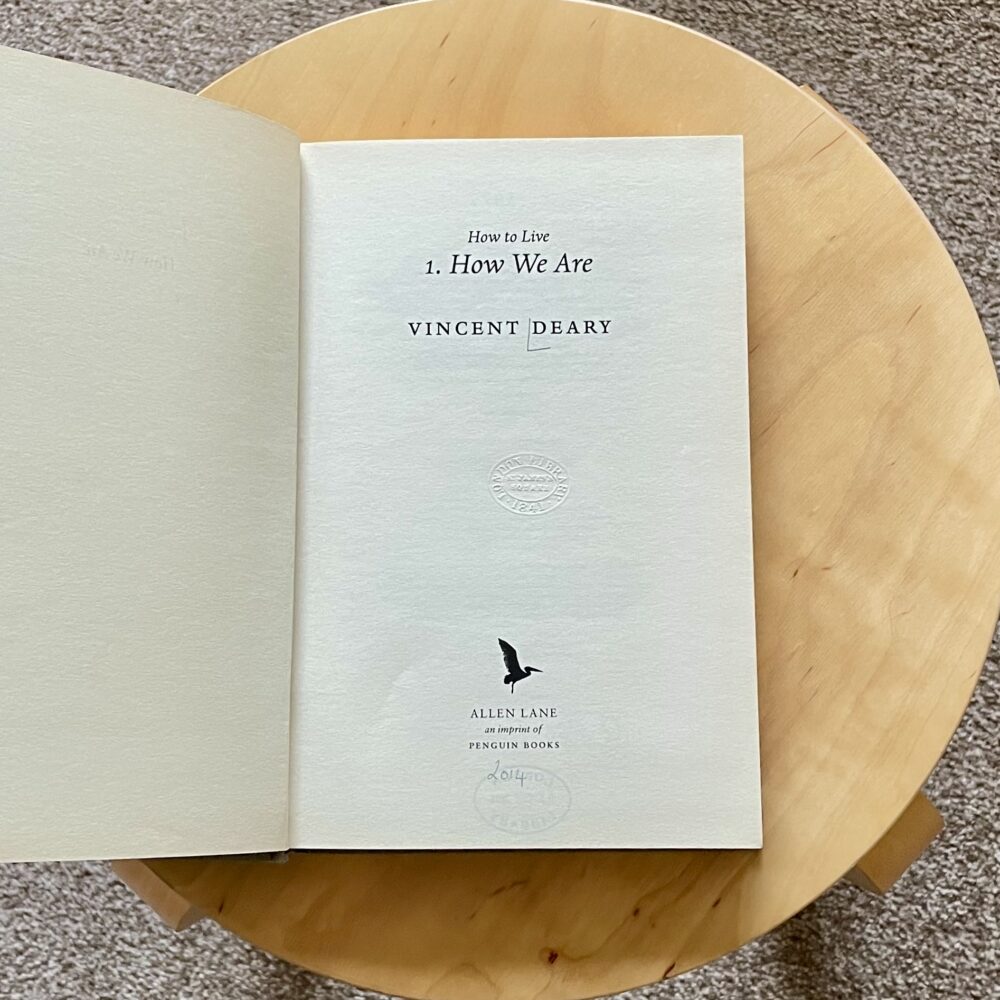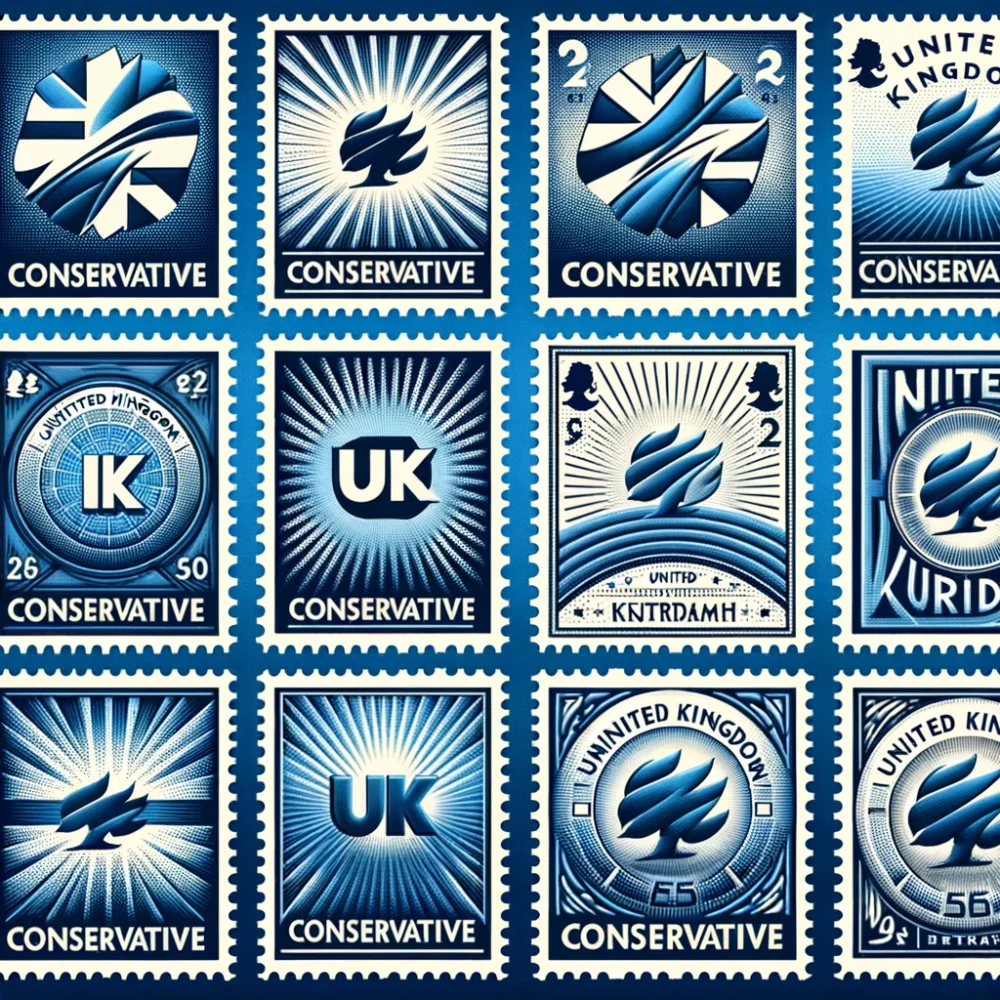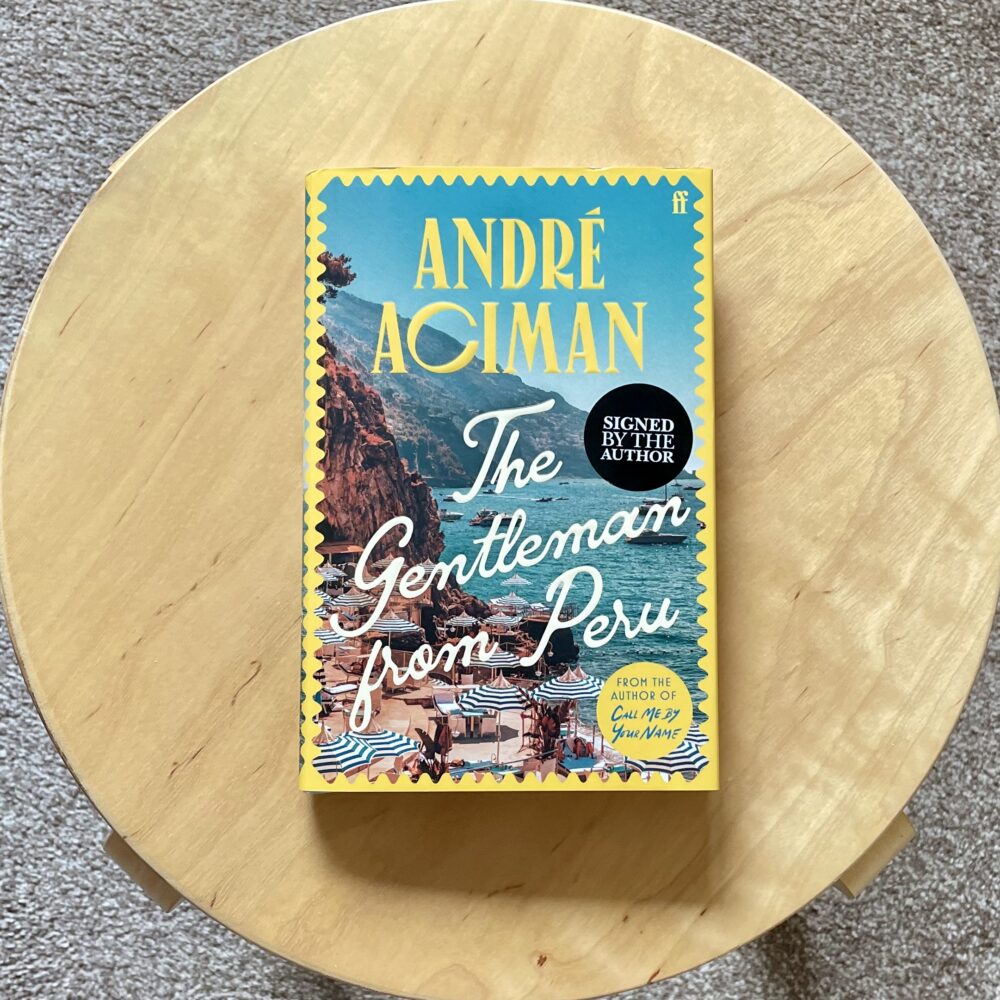I took this out of the library after seeing that the second book in Deary’s intended trilogy, How We Break, had recently been published and positively reviewed.
How We Are was first published in 2014, and it’s a book which blends philosophy with some self-help. It is broadly about habits and the degree to which we live our lives on autopilot. It’s also about how we break out of those habits.
The book is in two ‘acts’, named ‘saming’ and ‘changing’, as in the lyrics to the song These Boots Are Made for Walkin’—‘You keep saming when you ought to be changing’.
And in two words, that’s why I didn’t get on with this book. It is stuffed with pop culture references, particularly to films, which meant absolutely nothing to me. It’s neither fun nor enlightening to read passages about why the action of a character in a movie you’ve never heard of illustrate a key philosophical point.
I suspect this is also the reason other people rave about Deary’s book. I suspect that if you get the references, this genre-bending book is fun and enlightening. I can imagine that it might even be delightful.
But not for someone as ignorant as me.
I still took away some nice quotations:
London Transport, the governing body of the capital’s transport infrastructure, used to have a surprisingly abstract definition of family. On the back of their family ticket, where up to two adults and two children could travel cheaply, they defined family like this: ‘Family are those who stay together for the duration of the journey’
‘A walk in the park’ is a synonym for ease because the park knows how to walk. It does it for us. A good park anticipates our desire. Anticipated desire is the key to leisure. People have been paid and good money has been spent on figuring out what we are going to want to do. They care so that we don’t have to. The good hotel, the theme park, the penny arcade, the pub, the cinema – all of them relieve our consciousness of the burden of worrying about what to do next.
The better the park, the less we have to think what to do next. We place ourselves at the beginning of the path and it walks us, guides us through its sub-routines, its different games. Here for children, there for the scenic stroll, there for tennis, here to sit and enjoy the sun. The path leads, we follow. Many other sets of circumstances, many other social objects, play a similar game with us. The fairground and the playground are the archetypes of these. We want to be taken for a ride, to give over agency, to abdicate will, for a while, to something that will move us without our conscious intercession. That is what we want from leisure, it’s what leisure is — the switching off of choice and doubt.
I am dedicating myself to the perception that, however unlikely, however against nature, improvement happens, people get better. I mean better at living, at being who they are, at handling life with grace, humour and courage. Some people handle life admirably. And other people really don’t. Some get stuck in hideous deforming places and postures and become ever more unbearable versions of themselves.
